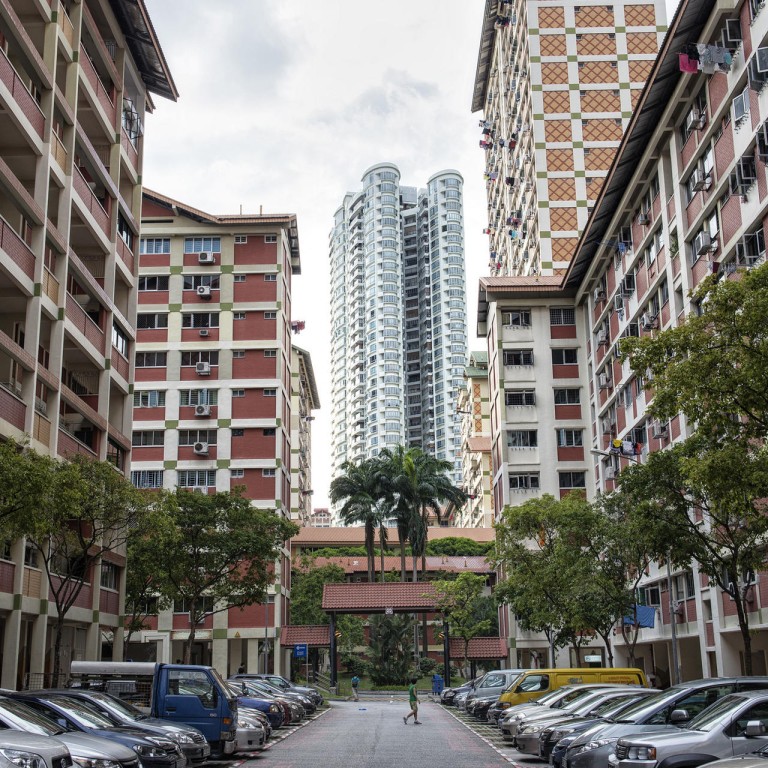
Singapore home prices fall as cooling measures hit property market
Prices decline in city state for fourth consecutive quarter amid tighter restrictions on mortgages
Singapore's home prices declined for a fourth consecutive quarter, the longest losing streak in five years, as tighter mortgage measures cooled demand in Asia's second-most expensive housing market.
An index tracking private residential prices fell 0.6 per cent to 208.1 points in the three months ended September 30, following a 1 per cent decline in the previous three-month period, according to preliminary data released by the Urban Redevelopment Authority (URA) yesterday. The fall matched the losing streak ending in June 2009, the data showed.
The government's five-year campaign to rein in property values has led to declines in prices and demand. Home sales fell to the lowest level this year in August as developers offered fewer projects amid cooling demand from the long-standing property curbs, URA data in September showed.
"The curbs are having an impact on prices," said Donald Han, managing director of Chesterton Singapore, a real estate consulting company, adding that the property measures are not likely to be relaxed this year.
Flat prices fell 0.9 per cent in prime districts in the third quarter after sliding 1.5 per cent in the previous three months, the URA data showed.
Those in the suburbs dropped 0.2 per cent, compared with a 0.9 per cent decline in the previous quarter. Prices in areas near prime districts slipped 0.1 per cent, compared with a 0.4 per cent decrease in the previous quarter, the data showed.
Singapore has been seeking to combat property speculation since 2009 as record home prices amid low interest rates raised concerns of a housing bubble.
The government unveiled new rules in June 2013 for how financial institutions grant property loans to individuals.
Under the new rules, mortgages should not push a borrower's total debt-servicing ratio above 60 per cent and those that do will be considered imprudent.
Mortgage loan growth at 7 per cent in July was the slowest pace since June 2007, data based on MAS figures showed.
Developers sold 432 units in August, according to the September URA data. That is the fewest since December, when 259 units were sold.

